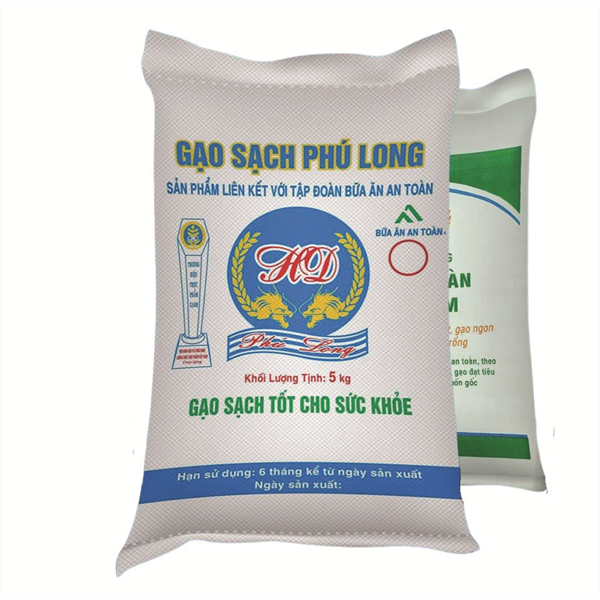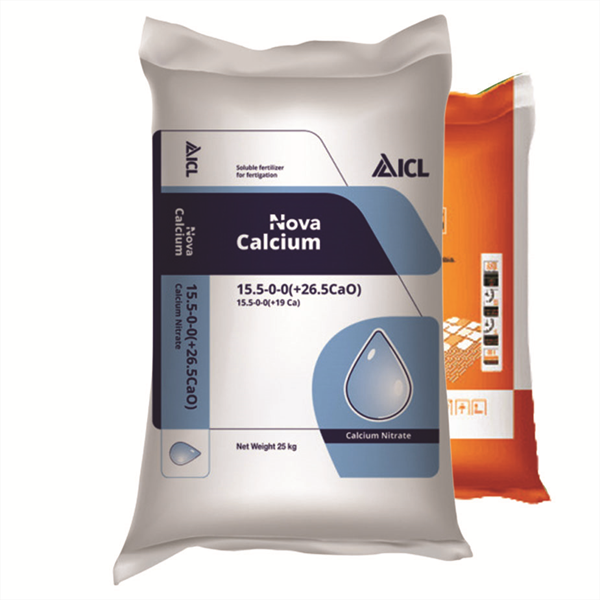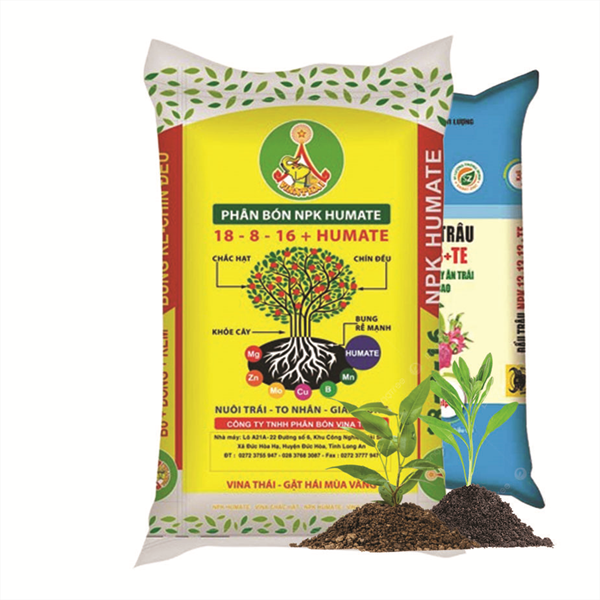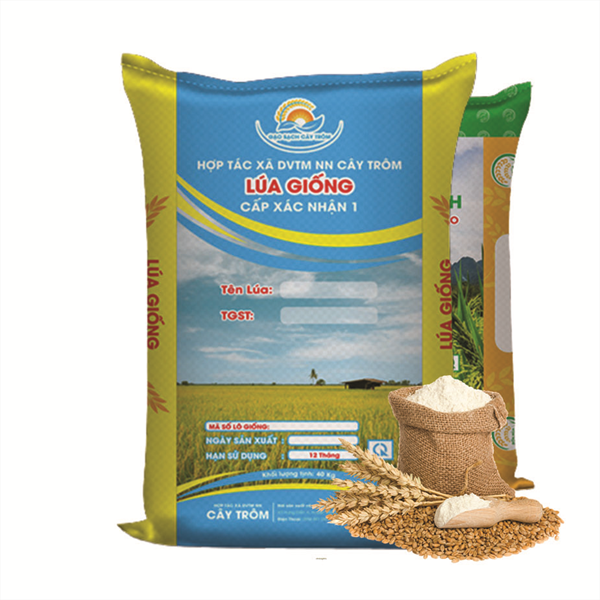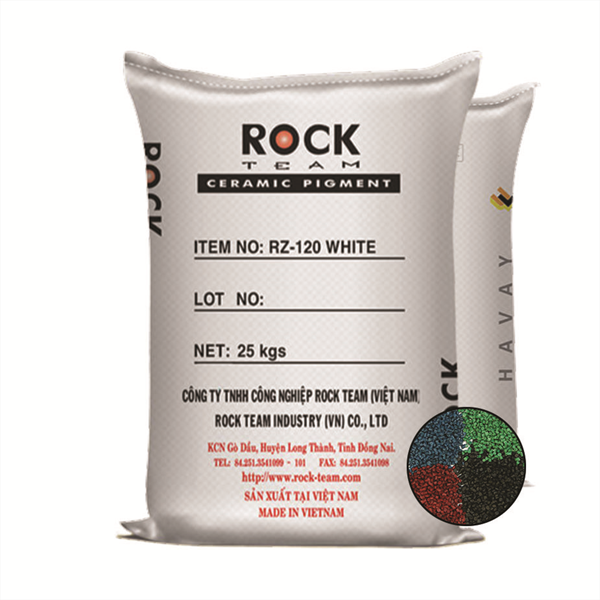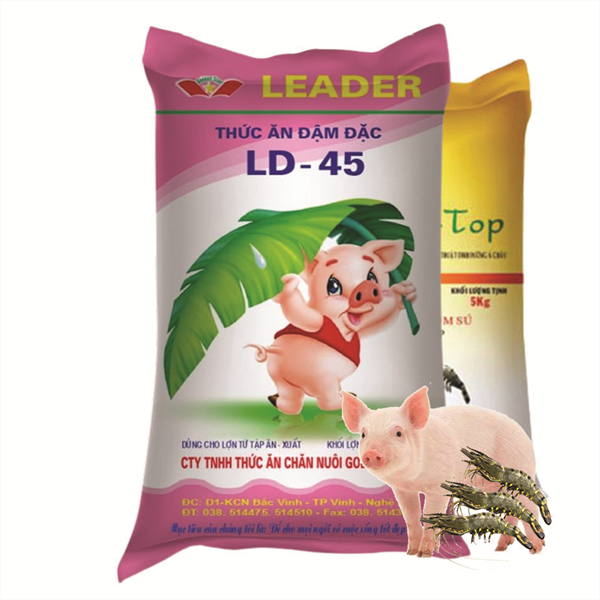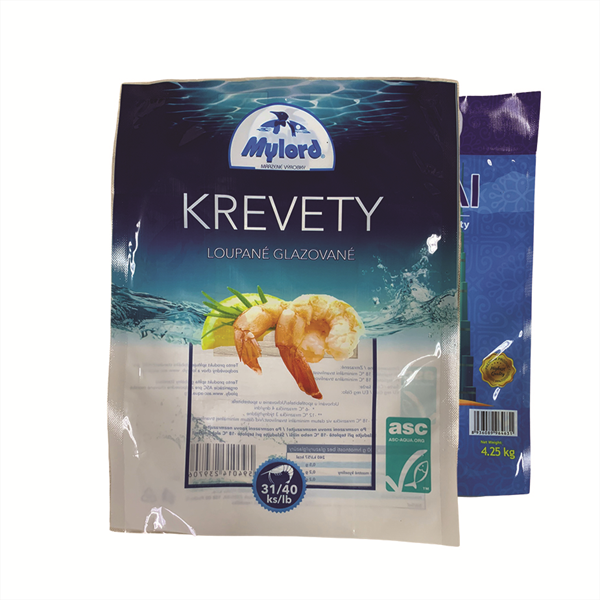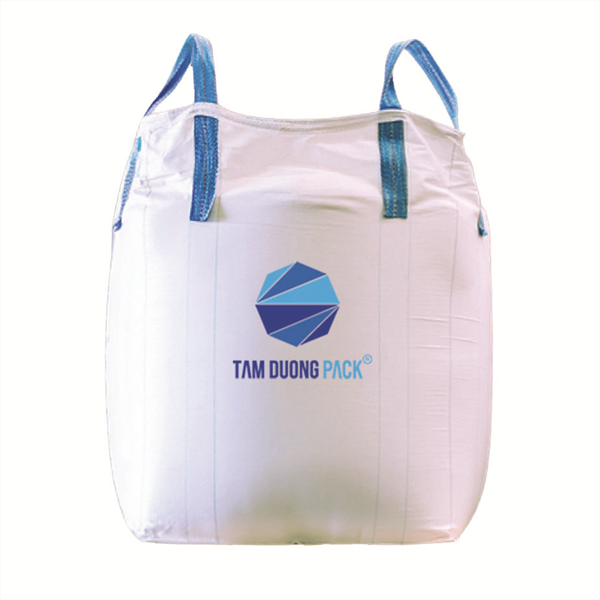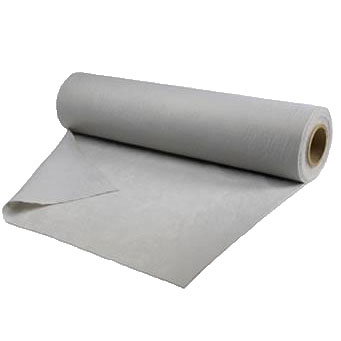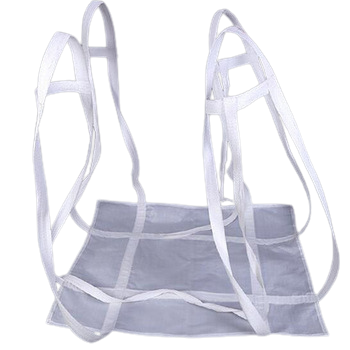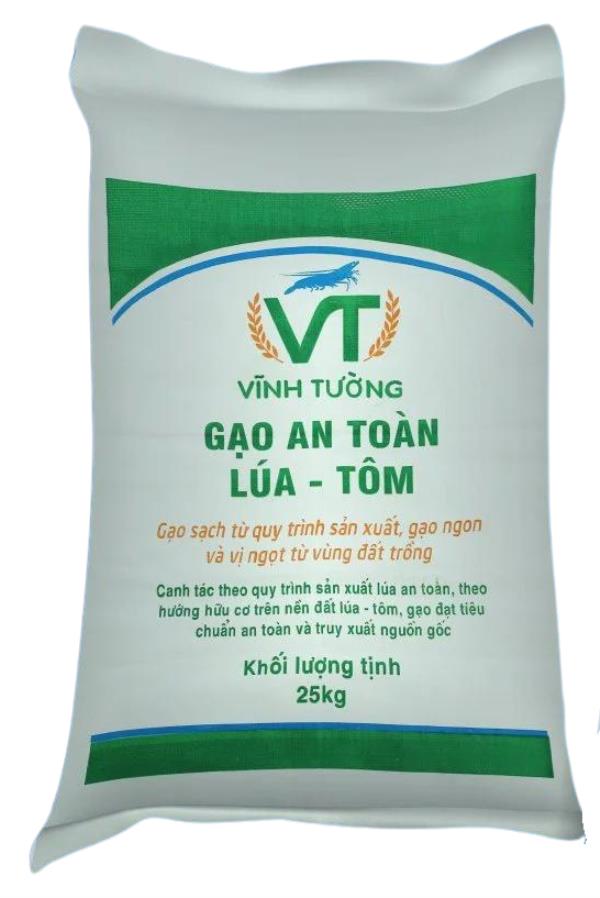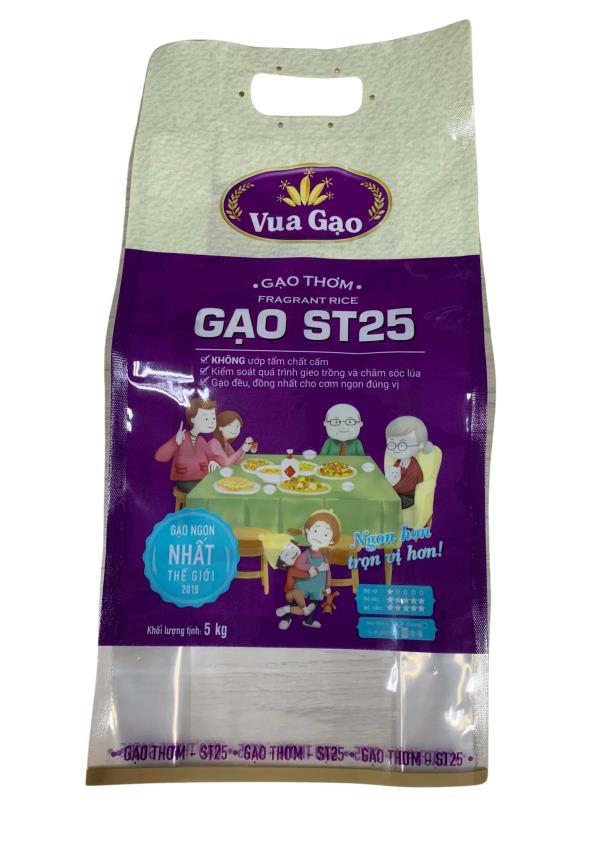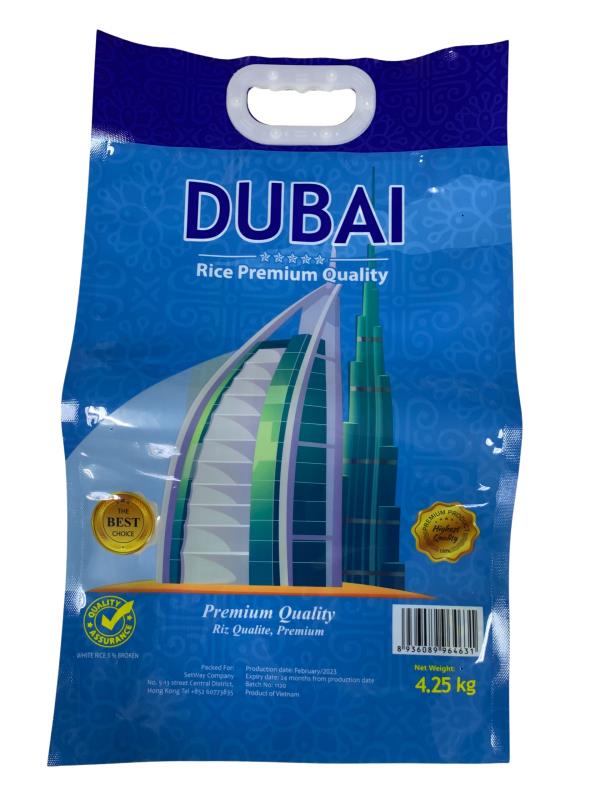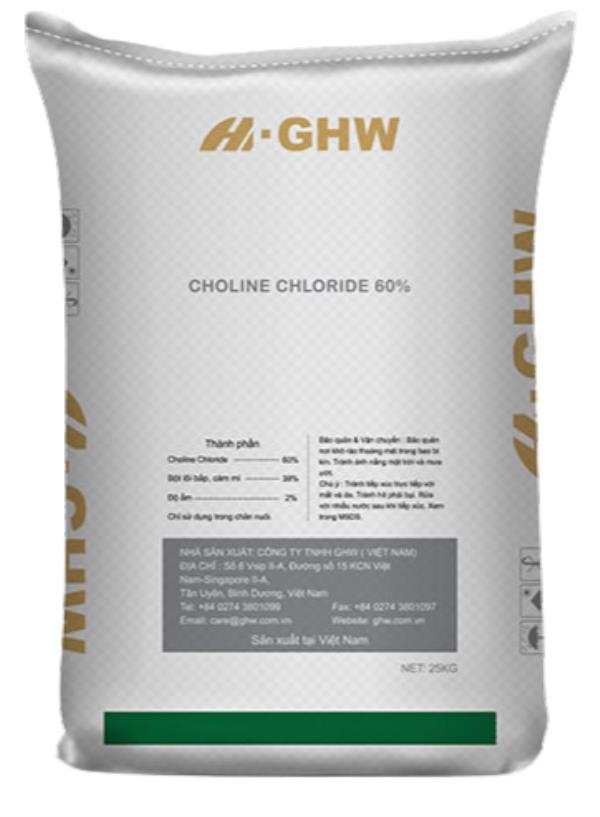Three issues need to be emphasized when exporting agricultural products to the EU.
The European Union (EU) is one of Vietnam's four strategic agricultural export markets. The EU market standards for food safety are among the highest in the world, with extremely strict regulations on pesticides and plant quarantine, creating barriers that make it difficult for Vietnamese agricultural exports to enter the EU market.
Changing habits and agricultural practices
Discussing Vietnam's compliance with EU regulations, journalist Trinh Ba Ninh, former Deputy Editor-in-Chief of the Vietnam Agriculture Newspaper, believes that Vietnamese production habits and agricultural practices have a significant impact on compliance with EU regulations. During cultivation, farmers need to pay special attention to the health of the soil and the environment.
Many challenges when exporting Vietnamese agricultural products to the EU in a new context.
"Farmers see plants as fertilizer, but they still do not grow, like a weakened body that cannot receive nutrients. Therefore, in production, three factors must be ensured: farming techniques, seeds, and materials. These factors must ensure sustainability and compatibility," journalist Trinh Ba Ninh shared.
Synchronize production organization
According to the Department of Crop Production and Plant Protection (Ministry of Agriculture and Rural Development), since its implementation in 2012, the "Large Model Fields" model has brought about positive results: Rapid transfer of scientific and technological advances to farmers on a large scale; aggregating small production areas into large fields, creating conditions for participating in the formation of linkages with enterprises in production, bringing high efficiency, and aligning with the restructuring direction of the agricultural sector.
The success of the model comes from the connection between the state, scientists, farmers, processing enterprises, and agricultural product export companies.
Associate Professor Nguyen Xuan Hong, former Director of the Plant Protection Department, Ministry of Agriculture and Rural Development, believes that the successful application of the "Large Model Fields" model will facilitate the implementation of plant protection and quarantine management. Therefore, synchronization from export to production organization is an urgent requirement.
According to Associate Professor Nguyen Xuan Hong, up to now, agricultural extension work has focused on transferring technical advancements, but specific guidance has not received much attention. To effectively promote agriculture, the first step is to have extension officers. These officers need to be equipped with knowledge and organize programs to disseminate knowledge to stakeholders, including state management agencies, central and local authorities, enterprises, industry associations, farmers, and producers. This will contribute to enhancing understanding of the regulations of importing countries and promoting safe trade.
Equipping knowledge about plant protection products and plant quarantine with plant-origin agricultural products is the key to successfully accessing the EU market, thereby opening up many opportunities for the Vietnamese agricultural market.
Biological plant protection products are a new direction in agricultural production
The EU is a large consumer market for organic products and is willing to pay high prices for organic production. It is forecasted that by 2040-2050, the market for biological plant protection products will balance and surpass the market for chemical plant protection products.
Countries around the world, including the EU market, prioritize environmental protection. The EU has set green agreements, aiming by 2030 for 25% of the EU's agricultural production area to be organic farming.
Currently, Vietnam exports agricultural products to the EU; therefore, synchronizing agricultural production towards organic direction is imperative. Chemical plant protection products will gradually be replaced by biological plant protection products.
Recently, the Ministry of Agriculture and Rural Development approved the Project "Development of production and use of biological plant protection products by 2030, with a vision to 2050."
The project sets the goal by 2030 to increase the proportion of biological plant protection products in the list of permitted pesticides used in Vietnam to 30%; increase the use of biological products by 30% compared to the total amount of plant protection products used; raise the proportion of biological plant protection product manufacturing facilities to 90% of the total number of facilities certified for production.
In addition, at least 80% of localities will be trained in the safe and effective use of biological plant protection products; effective models for using pesticides will be developed for 9 key national product groups, including rice, coffee, rubber, cashew, pepper, tea, fruit trees, vegetables, and cassava.
(Thảo Phương - nongsanviet.nongnghiep.vn)
- Robusta Coffee Export Price Hits 30-Year High
- Robusta prices reach a 16-year high, domestic coffee also surges
- HSBC: Identifying Vietnam's "bottleneck" in attracting FDI
- Export of agricultural products in 2024: Expectation of breakthrough
- Animal Feed Packaging - The Perfect Solution for Diverse Needs
- Fertilizer Packaging - Captivating Beauty and Quality Conquer

